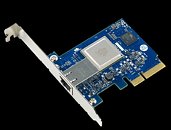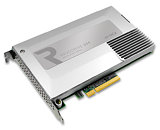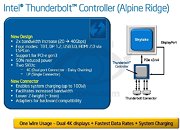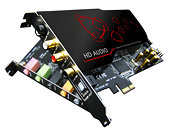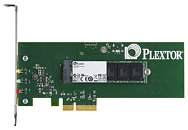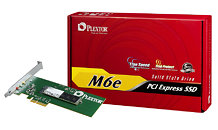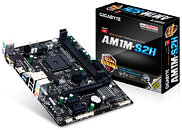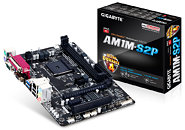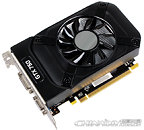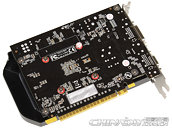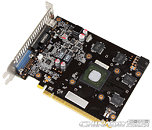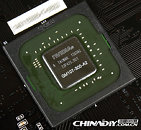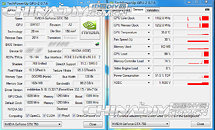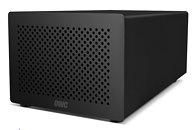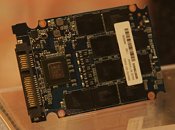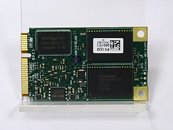
Thecus Updates 10GbE Network Interface Card
With the proliferation and widespread adoption of 10GbE environments accelerating in response to the dropping prices of switches and compatible systems, Thecus Technology Corp. has taken bold steps in positioning itself as a leader in storage at this top-tier of network technology. Further bolstering its goal of 'empowering professionals' is the release of the C10GTR NIC, the follow-up to its successful C10GT card.
Powered by an advanced Tehuti TN4010 processor, the new 10Gb Ethernet PCI Express Adapter from Thecus is compatible with both x4 and x8-sized PCIe slots as well as 100M, 1G, and 10G networks. Software supported by the C10GTR includes Windows Storage Server 2012, WSS 2008 R2, Windows 8, Windows 7, Linux 2.6, Linux 3.x, VMWare 5.x, and Hyper-V. This low profile card is suitable for a wide range of products, including enterprise-targeted NAS from Thecus (such as the Top Tower, large business rackmount, and N7710/N8810U series, as well as the N7700 and N8800 PRO v2). Lastly, the C10GTR is also fully compliant with a wide range of protocols, including IEEE 802.3az, IEEE 802.3ad Link Aggregation, and IEEE 802.1q VLAN.
Powered by an advanced Tehuti TN4010 processor, the new 10Gb Ethernet PCI Express Adapter from Thecus is compatible with both x4 and x8-sized PCIe slots as well as 100M, 1G, and 10G networks. Software supported by the C10GTR includes Windows Storage Server 2012, WSS 2008 R2, Windows 8, Windows 7, Linux 2.6, Linux 3.x, VMWare 5.x, and Hyper-V. This low profile card is suitable for a wide range of products, including enterprise-targeted NAS from Thecus (such as the Top Tower, large business rackmount, and N7710/N8810U series, as well as the N7700 and N8800 PRO v2). Lastly, the C10GTR is also fully compliant with a wide range of protocols, including IEEE 802.3az, IEEE 802.3ad Link Aggregation, and IEEE 802.1q VLAN.
